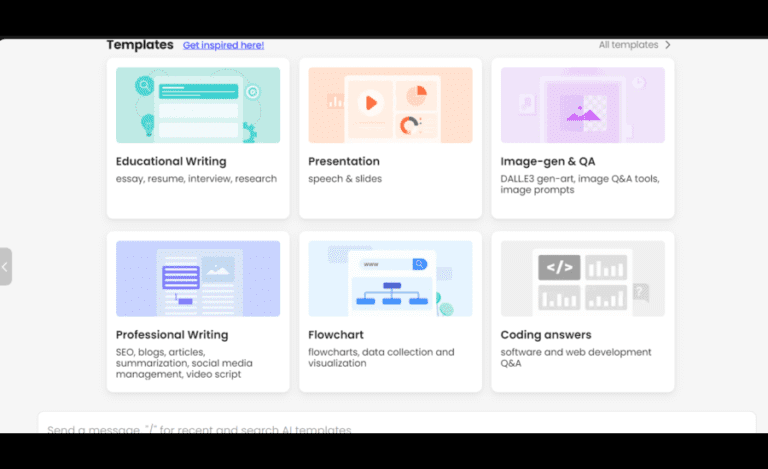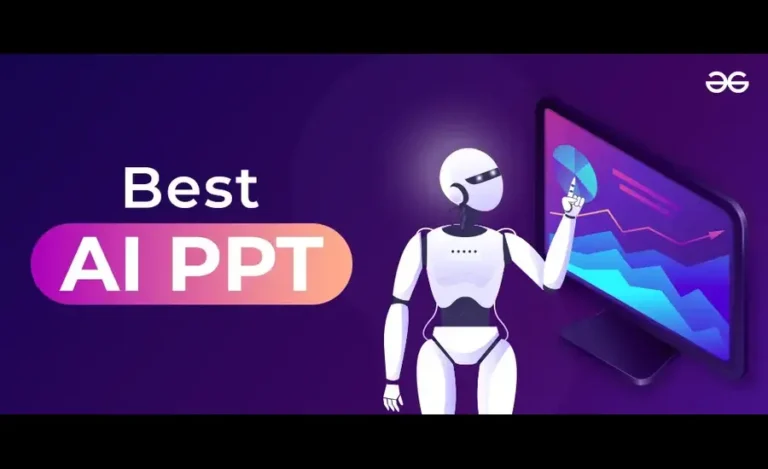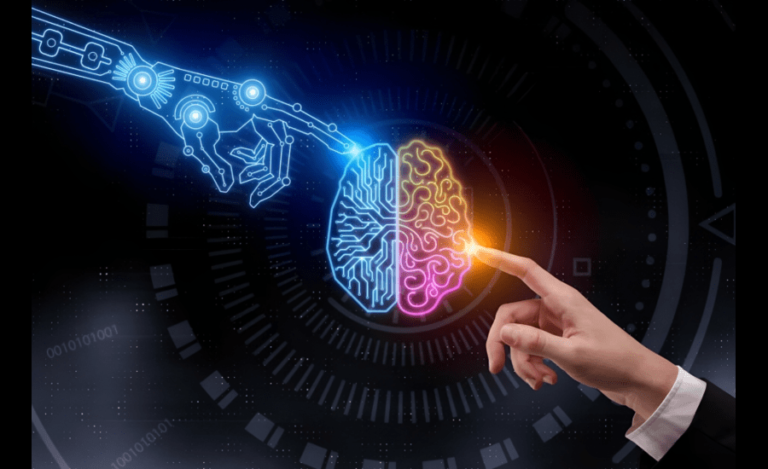Transforming Enterprise Solutions: Unleashing the Power of Generative AI
Introduction to Generative AI
Generative AI is self-learning algorithms that create new content, from artistic images to complex data patterns. This cutting-edge technology, including generative AI for enterprise, makes waves across various sectors by providing innovative solutions to multifaceted challenges. Generative AI transforms how organizations function today, from automating repetitive operations to creating customized client experiences. It is about replacing and enhancing human efforts, adding layers of intelligence that drive better outcomes and more efficient processes.
Utilizing massive datasets and rapidly advancing capability, these AI systems are equipped to analyze, learn, and produce results that guide enterprises through unprecedented competition and change. The transformative potential of generative AI is seen in its ability to enhance productivity while fostering creative innovation. This makes it an indispensable tool for modern businesses aiming to scale up and thrive in today’s fast-paced digital era. Enterprises that harness the full potential of generative AI can find themselves ahead of the curve, leading to innovation and adaptation.
Benefits for Enterprises
Enterprises leveraging generative AI can expect significant enhancements in efficiency and innovation. These AI models not only automate labor-intensive processes but also enable data-driven decision-making capabilities that were previously out of reach. Through real-time data analysis and predictive modeling, generative AI allows businesses to anticipate market trends, tailor customer interactions, and create resilient supply chain solutions. As a result, companies can drive profitability and sustainable success while making informed strategic decisions.
Moreover, the integration of AI within enterprise frameworks leads to operational excellence. When automated technologies handle routine and repetitive activities, human resources can concentrate on more strategic duties. Businesses can ensure higher-quality outcomes across operations by minimizing human error and enhancing precision. This paradigm shift promotes a culture of innovation and continuous development, which is necessary to maintain a competitive edge.
Current Adoption Trends
Recent studies indicate a notable surge in the adoption of generative AI technologies across various industries. Advances in AI research and the increasing acceptance of automated processes as a component of operational workflows are the main drivers of this increase. Enterprises increasingly view AI integration as a strategic imperative, aiming to stay at the forefront of their industries amid technological advancements.
The landscape of AI adoption is dynamic, with businesses and industries identifying unique ways of integrating AI solutions into their processes. From small startups to large multinational corporations, the trend is evident. Many organizations are setting up dedicated AI teams to explore potential use cases and opportunities. This widespread interest signifies a broader shift towards embracing digital transformation, where generative AI plays a pivotal role in shaping the future of work.
Challenges and Ethical Considerations
Despite its advantages, generative AI poses several challenges, including the ethical considerations associated with its deployment and use. Data privacy concerns are paramount, as these models require vast data to function effectively. Additionally, the moral implications of AI decision-making processes and potential biases necessitate a concerted effort toward establishing comprehensive usage policies. Creating a balance between technological capability and ethical responsibility remains a critical objective for AI developers and users alike.
Addressing these challenges involves transparency in AI systems and building robust mechanisms to ensure accountability. Organizations must emphasize algorithmic fairness, inclusivity, and verifiability to foster stakeholder trust. This context-awareness allows AI systems to function within a framework that safeguards user interests while maximizing efficiency and productivity. Thus, balancing innovation and ethical responsibility is quintessential in driving long-term success.
Case Studies Across Industries
Generative AI’s versatile nature has found applications in various industries. In healthcare, for instance, AI algorithms are being used to customize treatment plans and predict patient outcomes, fundamentally improving the quality of care. Meanwhile, financial institutions utilize AI to bolster fraud detection systems and generate accurate economic forecasts. These examples highlight the transformative potential of AI when applied strategically to bolster sector-specific capabilities.
Similarly, in the retail industry, personalized marketing strategies powered by AI are enhancing customer engagement and retention. Manufacturing sectors are seeing improvements through predictive maintenance and intelligent automation, reducing downtime and operational costs. Each application underscores the transformative nature of generative AI, illustrating its potential to redefine traditional operational landscapes across diverse business environments.
Future Directions and Innovations
The Internet of Things (IoT) and blockchain are two new technologies that generative AI is set to interact with further. This convergence is expected to drive unprecedented opportunities for business model innovation and transform traditional industries. The emphasis is now on developing more intelligent, flexible systems that can learn and change over time, opening the door for more advanced corporate solutions in the future.
Innovative uses of AI are anticipated to lead to the development of autonomous systems capable of making complex decisions. The marriage of AI with advanced analytics and cloud computing is expected to facilitate even more efficient operations, creating ecosystems that are both agile and responsive to changing demands. Today, businesses that invest in these futuristic technologies will likely gain a competitive advantage in tomorrow’s market landscape.
Conclusion & Key Takeaways
Generative AI is becoming a cornerstone of contemporary enterprise solutions, offering the expansive potential to redefine traditional business operations. While challenges remain, particularly in ethics and data privacy, the benefits of incorporating AI far outweigh the risks for forward-thinking organizations. Achieving sustained development and success as organizations continue experimenting with new technologies will require balancing innovation and moral obligation.
For businesses looking to remain competitive, embracing AI’s transformative power is not just an option but a necessity. The entire process requires a strategic plan and a deep understanding of AI’s role in business transformation from inception to implementation. By continuing to innovate responsibly, businesses can harness the full potential of generative AI and chart a course for success in the digital age.





